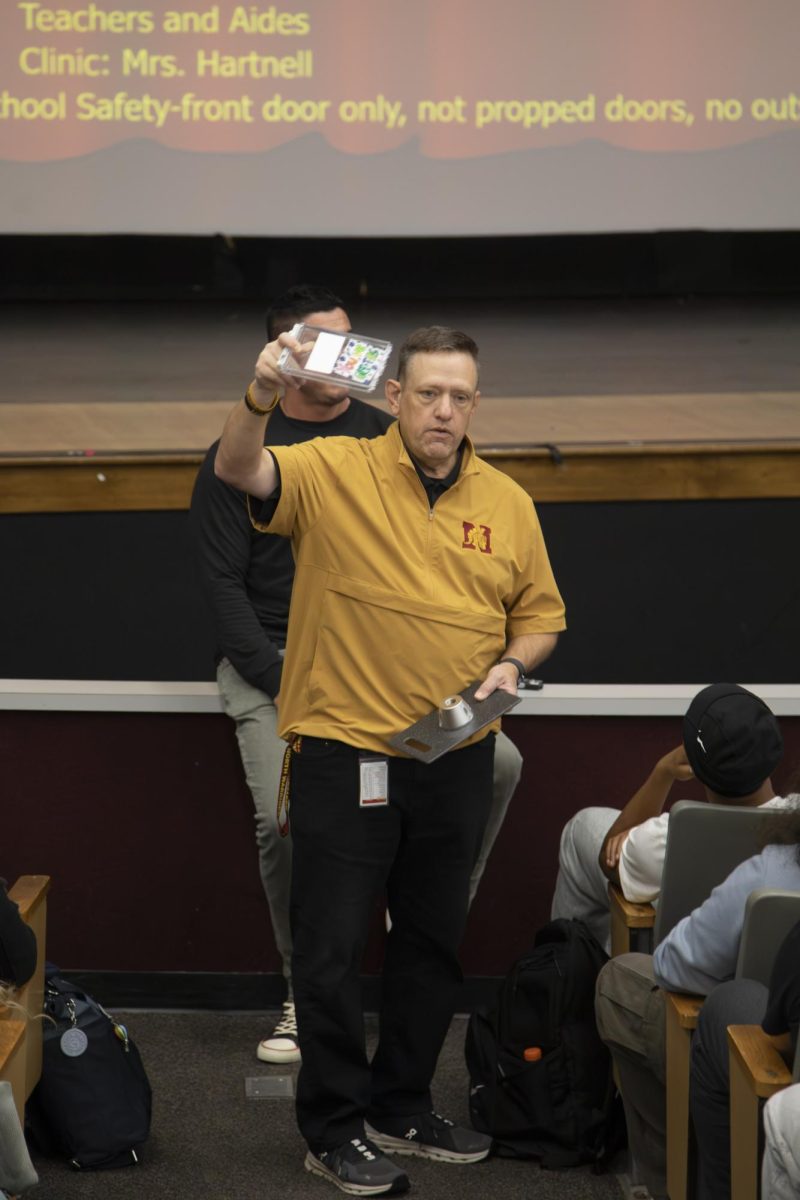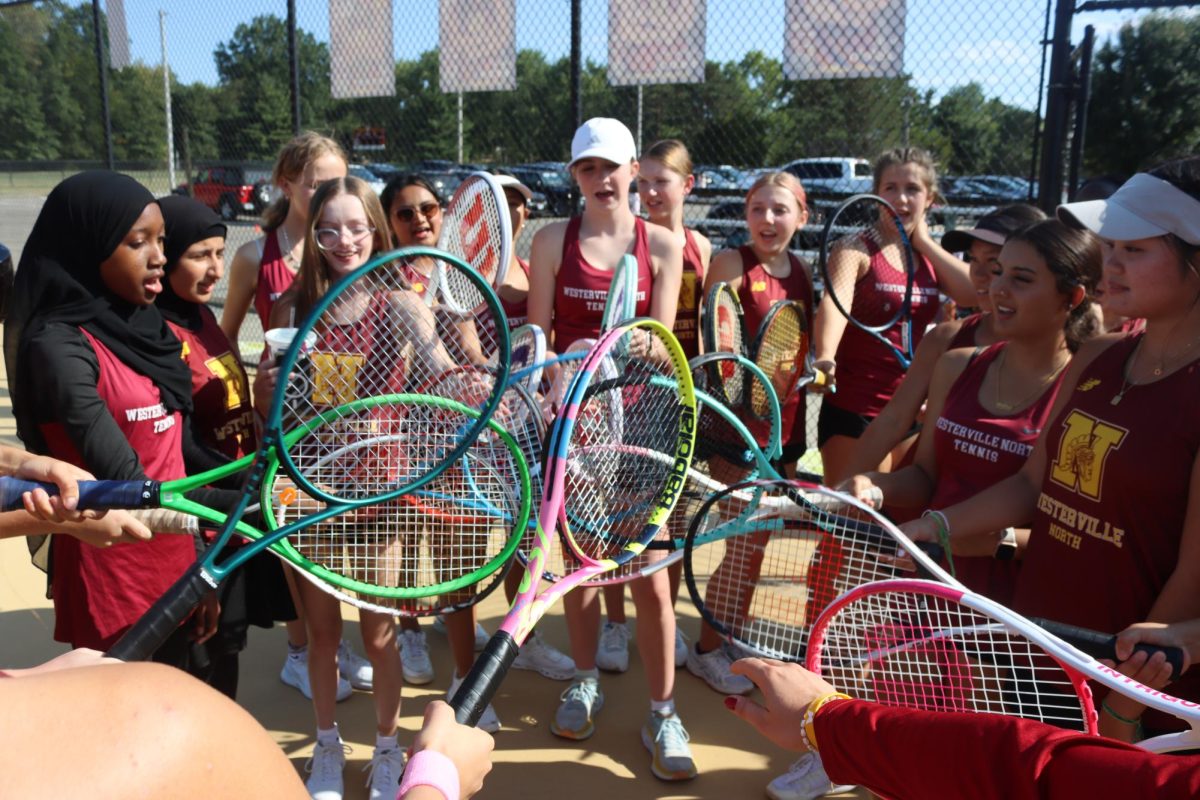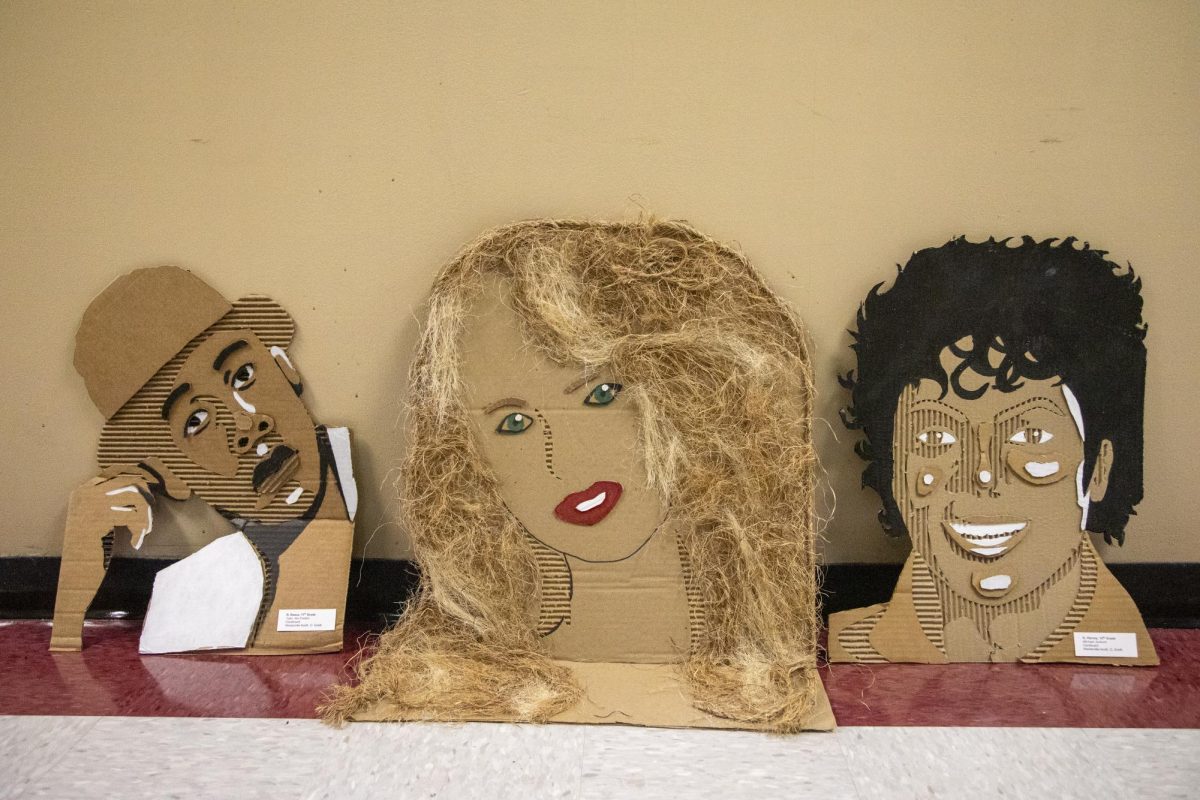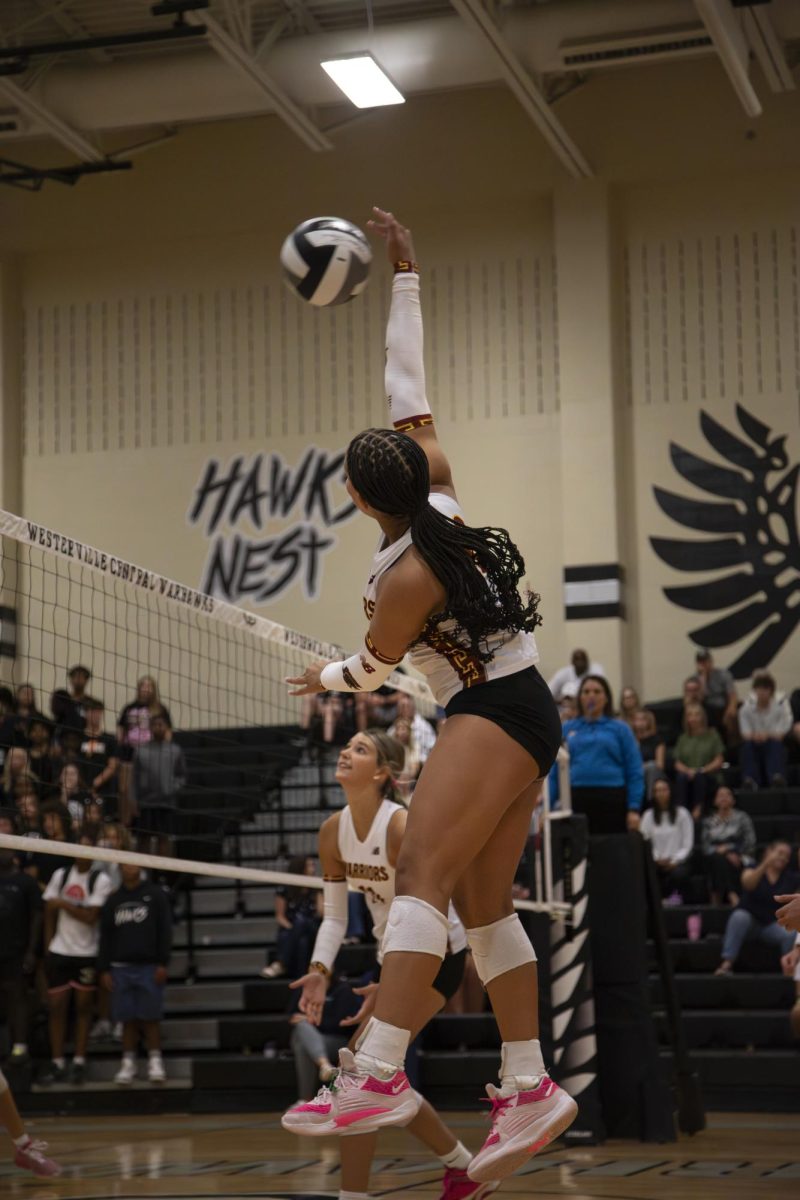For incoming freshmen or even older students at Westerville North High School, trying out a new sport or transitioning to a new team can weigh on one’s mind. Questions such as what will the team environment be like or what should I expect commonly frequent newcomer’s minds. One of Westerville North’s teams, the Boys Cross Country Team, displays a particularly strong culture that allows newcomers to fit in while also promoting success for returners.
For Myles Scotti (2027), the transition to North’s boys cross country team from middle school was a brand new experience. “I never really thought I’d be doing a sport in high school. I was just interested in joining the team and I didn’t know if I’d fit in or not but I think I’m doing a pretty good job,” Scotti said.
These feelings reflect those of Aiden Teeple (2024) when he joined the cross country team in 2020. His experience was different from that of newer teammates due to the circumstances the COVID-19 pandemic created for sports teams. “Honestly, I didn’t really know what to expect, it was Covid year, it was pretty crazy. I barely expected the sports to keep going,” Teeple said.
One thing that helped their transitions to Westerville North was the team culture. Culture can mean many things from person to person and may not look identical from team to team. “Team culture is everybody being okay with each other, you don’t have to like each other but you can understand and respect their opinions even if they differ greatly from your own. It’s about shared experiences,” Teeple said.
For Scotti, the team culture represents a positive environment. “It’s a really great culture, it’s really inclusive and it’s just a great group of guys. Was really my motivation and I ended up using that and won the most improved first year,” Scotti said.
Head boys cross country and track distance coach Nick Horton, an alumni of the program, has witnessed team culture motivate and push others towards success. According to Horton, team culture is a very big part of any team. Across all sports, the culture deals with the cohesiveness of a given team which forms the backbone to its success. Teams where everyone is bought in on the same goal and committed to pursuing that will find that makes a huge statement.
“I can take a step back and let them run the whole summer practice and know that it’s in good hands because they’ve been through what we expect of them. I know the program is in good hands with what they’re doing and they know the expectations and pass that on to the guys that begin. It creates that cycle of eventually those guys will learn how to be a successful member of the program and they get to become the leaders when they get to the older age groups,” Horton said.
Team culture doesn’t necessarily remain the same over the years though, it can evolve with student leadership. Though the same basic principles will remain the same. “The team has evolved from a couple of individuals who have success to seeing more team success aspect of it, you still have the individual success and the team success comes from the people buying in to what we’re trying to do as a program and buying in and being patient with the process and seeing the results long term rather than just short term,” Horton said.
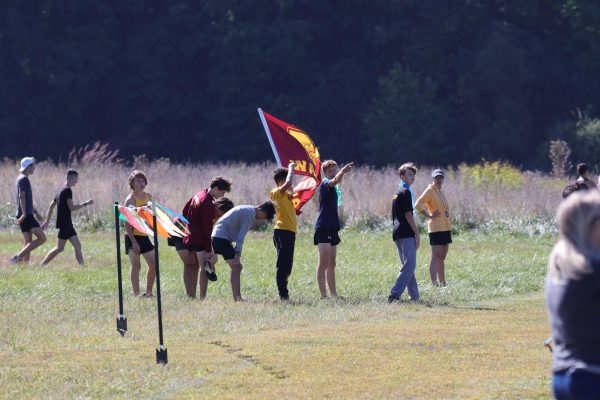
Of all the benefits of a strong team culture, the easiest to visually see is the success that this can bring teams. “You can’t have external success without a strong team culture. You’re not going to have the success that you want, winning meets, winning championships without having a strong team culture because it’s a long process of being successful, it takes a day in, day out process and having that strong team culture is the foundation to everything you want to accomplish,” Horton said.
Everybody can contribute to culture on a team, even newcomers. The main difference is usually the role one plays on a team. Older athletes such as Teeple tend to take on a leadership and role modeling position on the team.
“I think I might have been a good role model, always working hard, always being there on time, being ready to do it every day,” Teeple said. There are also important ways for newcomers to contribute to the overall team culture.
“I think I could just keep being myself and bring positive energy to the team every day,” Scotti said. These roles may differ but as established before, it is all part of the cycle of leadership present on any team. A great way to promote that is consistency which really displays leadership to everybody as well as respect and cooperation, especially on large teams.
The direction a team goes throughout its season is largely up to the youth leaders and the rest of the team. The coaches set the main principles of their respective program and make sure they are followed. But the student leaders really take those principles and interpret them and set goals around them. Each year brings in a new set of leaders to build upon the foundation set by the year prior.




